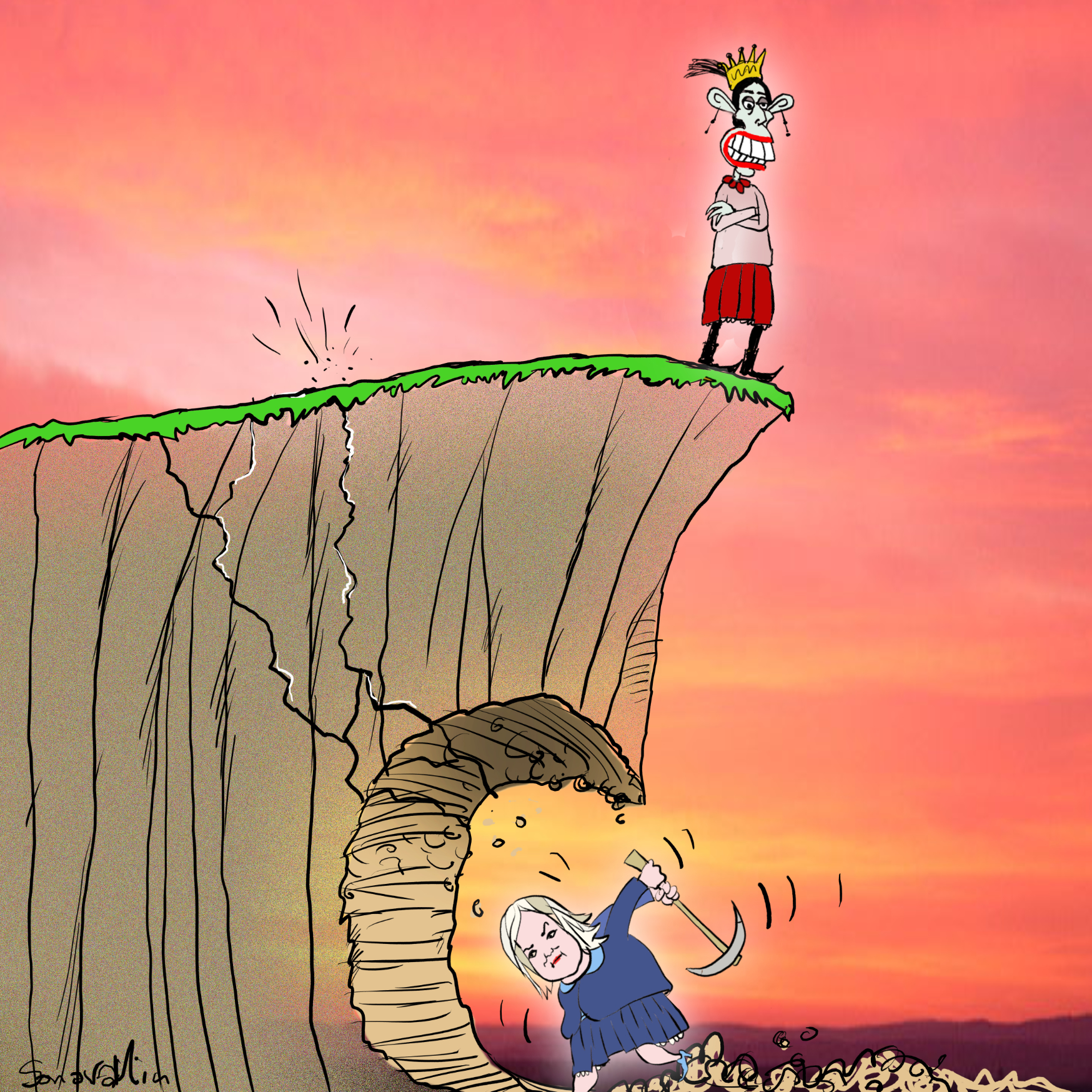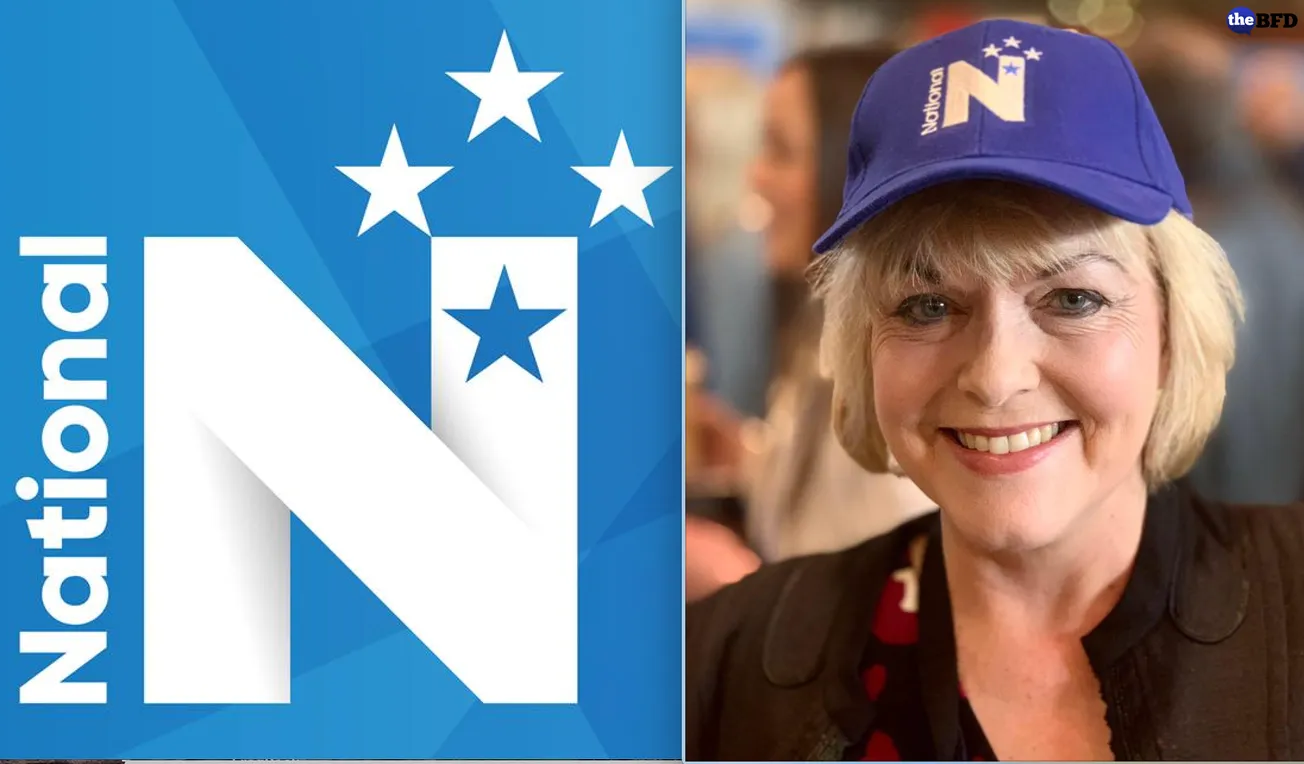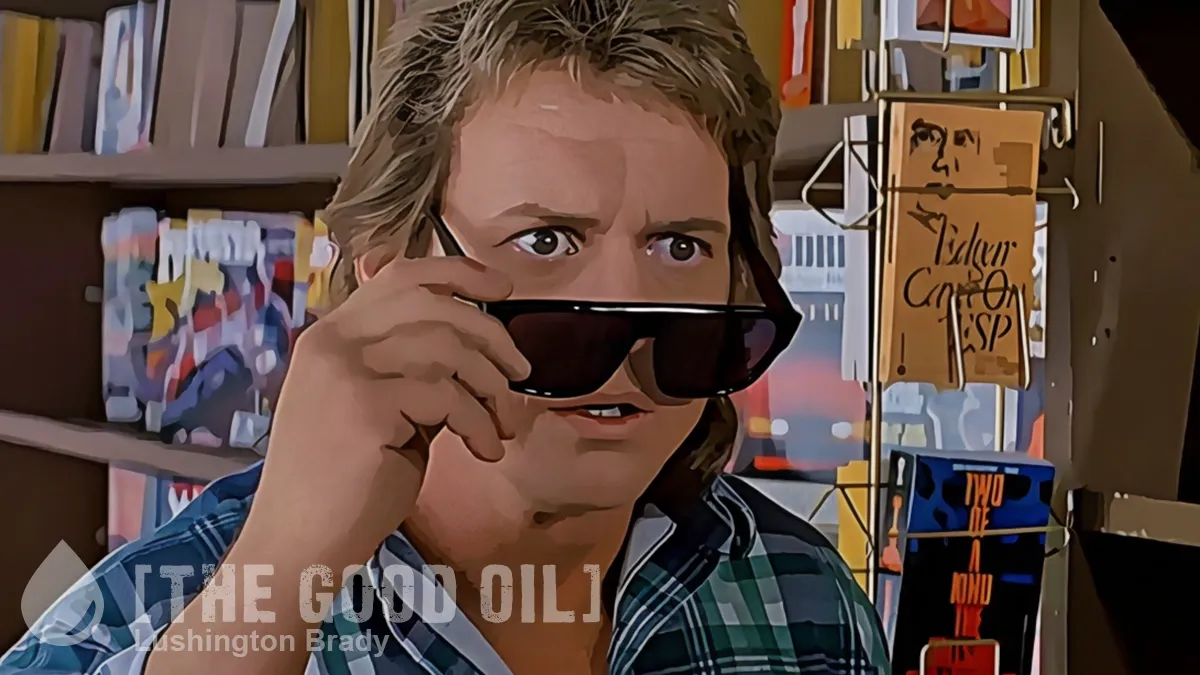Table of Contents
They say three is a lucky number (“third time lucky”, “hat trick”, etc). So how do we feel today as we embark on the early days of the third decade of the third millennium?
And what will be our name for this new decade, which follows the “Nuisance Noughties” and the “Tentative Teens” that concluded on 31 December 2020? When on 31 December 2030 we review this new decade, which version of this name will it be: the “Tearaway Thirties”?
Will it be the negative version because we’ve torn away our past accomplishments? Or the positive version because we have revitalised at commendable pace our passion for freedom and runaway prosperous progress?
Of course it must be the latter, which raises then the question of what will be needed to succeed?
To answer that 64 thousand dollar question, we need to review the events of the decade which ended on 31 December 2020.
With the piercing clarity enabled by hindsight, we can now divide that decade into its two component eras: 2010-2017 and the enforced poll-driven pragmatism presided over by John Key and Bill English (now both deservedly knights of the realm), and the 2017-2020 purgatory of unfulfilled promises brought about by the utu-driven perfidy of Winston Peters which ended up in the obliteration of himself and his populist creation, NZ First, that many are now saying was a fitting end to his addiction to revenge.
In describing the latter years of the Key/English National Governments as “poll-driven pragmatism” it must be conceded that they were faced with a run of costly disasters imposed by international and natural forces, beginning with the 2008 global financial crisis (GFC), then the Pike River mine disaster, and the seismic shocks of Christchurch and Kaikoura. That Key and English could lead a government that saw New Zealand through those disturbing years with our economy not just intact but slightly enhanced, and our lifestyle, in general, uninterrupted in its peaceful progress, was quite an achievement in itself, if not notable for any major new directions in political policy-making.
All in all, and in those straitened circumstances, an admirable record, rewarded by voters in the 2017 General Election with a plurality of votes which made National the largest party in Parliament, but still reliant on coalition partners for a majority. It’s history now that the Peters urge for utu turned our politics on its head in 2017 by his anointing Ardern as leader of a new three-way coalition with NZ First and the Greens.
Peters himself probably still doesn’t realise it, and if he ever did he would never admit it, but I am certain his sell-out to Labour cost New Zealand what could almost assuredly have been a significant shift in public policy. One to be ranked alongside the social security reforms by Labour in 1935 and the economic shakeup of Rogernomics 50 years later: the revamp of our out-dated and enterprise-sapping welfare system under the visionary Social Investment policy by which Bill English planned to revitalise our Kiwi society.
Thanks to Peters, instead of revitalisation we were lumbered with an untried bunch of political arrivistes, long on talk and promises, but short on effective action. It was a government saved from self-destruction by first a demented Australian assassin in Christchurch, and then the arrival in the world from Wuhan, China, of a virus-induced pandemic unprecedented in its complexity and rapidity of infection spread. These two events played into the hands of a newly-installed Prime Minister whose only real skills were in the field of communication.
Thus, Jacinda Ardern’s time arrived, and brother (and sisters), did she play it to her advantage! Did she what! In the wildest of her daydreams as a winning secondary school speech competition winner in 1988, in which she told her local Morrinsville newspaper that she hoped her passion for public speaking would enable her to become New Zealand’s first female Prime Minister, she could not have imagined that the stars would align so favourably.
Skills were later acquired in London in the office of Labour leader Tony Blair, through the presidency of the International Union of Socialist Youth and in the office of New Zealand Prime Minister Helen Clark (to whose rock-solid Mt Albert constituency she would later succeed). All that Ms Ardern needed was a stage on which to strut her undoubted oratorical stuff. A stage that the Christchurch terror attack and COVID-19 obligingly delivered.
TV News, pre-election, became the “Jacinda and Ashley Show”, while the mainstream ‘views’ media were craven in their adoration of the unmarried-mother-turned-Prime Minister, while the principal Opposition, National, lurched from one gaffe to another. We now look ahead to the first political triennium of this decade being contested by two female leaders: Ms Ardern, for Labour, now with no one to blame but herself for performance ratings, and Judith Collins, for National, to whom her party finally had to turn.
For Jacinda, she now has to “walk the walk”, as talking the talk of unfulfilled promises won’t cut it, especially in fields such as affordable housing and child poverty, where achievement not only fails to meet promises but, in fact, gets worse by the week.
For Judith, the challenge is larger and more complex and will require more time but it is by no means beyond her skill and determination. Starting right now she needs to rejuvenate her “Crusher” mojo, and expose the weakness, indecision and hypocrisy on the Government benches well before the next General Election in 2023.

Her first priority ought to be an agreement with ACT leader David Seymour as to how their two parties can best combine their forces to become an effective Opposition that exposes the frailties a static Labour conglomerate is trying to hide behind a torrent of meaningless words about promises it is unable or unwilling to keep. Between them, what National and Act may lack in numbers they can make up for with a number of promising newcomers who deserve to be allowed to inject the fresh thinking that they bring with them.
This is especially needed in National, where more of the same failed us last term and will fail us again unless we buck up our ideas, especially on the organisational side, where an increasing cohort of old-timers like me is beginning to realise that we failed to use the most recent annual general meeting to give our slumbering structure the revitalisation and new blood it needs.
When I first became active in National in 1960, paid-up membership was well over 200,000; probably ten times what it is today. With energy and enterprise we ought to be able to get back to six figures, and that must become the task of every electorate committee throughout the country.
While the organisation so busies itself, MPs in their Caucus must put undue ambition and petty jealousies behind them, under the refreshed “Crusher” mojo of Judith and unite in continuous incrimination of Labour for its failures in fields such as:
- Energy, in which this government has rejected a report by its own Interim Committee on Climate Change that said “zero carbon” electricity generation is impossible for technical and economic reasons, and that we still need the back-up of gas whose future exploration and mining this government has banned.
- Education, which this government’s ideological idiocy has allowed to decline into a thinly-disguised system of indoctrination of young minds, increasing numbers of whom arrive at secondary school functionally illiterate and innumerate, to be consoled with assurances that failure is not their fault.
- Vocational Training, see my BDF column of last week for this government’s plan to complete its destruction of our once-effective apprenticeship system.
- Acceptance of mediocrity, by a government that listens only to the sycophantic paper shufflers within its own burgeoning bureaucracy, while ignoring voices of reason and experience of successful private enterprise practitioners; a syndrome particularly obvious in building and construction that has left us with leaky homes, and buildings that crumble at the slightest quake of the Earth because they were approved by people unqualified for this vital responsibility.
- Agenda 2030: Above all question continually the motives and intentions of the Labour leadership in committing New Zealand to the universal State control embodied in United Nations Agenda 2030, to make sure that as many of us as possible understand how this will limit the freedoms of the generations of Kiwis who will inherit what we leave them.
You good people who read The BFD are the converted. You do not need to be reminded of the principle generally credited to that great Irish patriot, Edmund Burke: “The only thing necessary for the triumph of evil is for good men to do nothing.”
But you may not be aware of this by noted anthropologist Margaret Mead: “Never doubt that a small group of thoughtful, committed citizens can change the world; indeed, it’s the only thing that ever has.”
What can we, as a group of BFD readers, do to change our world for the better? My 60+ years of activism within the National Party have taught me one thing: to change what happens in the tent you have to be inside that tent, and not simply stand silent, but sing out and stir. Please join me: become a fellow-stirring member of National within your local constituency:
https://my.national.org.nz/new-member-profile
Attend the meetings, and have your say.
So, my motto for today for BFD readers is summed up in the three words that bemuse townies when they visit farms and watch our farmers work their dogs in mustering sheep and cattle: GET IN BEHIND!
Please share this BFD article so others can discover The BFD.









